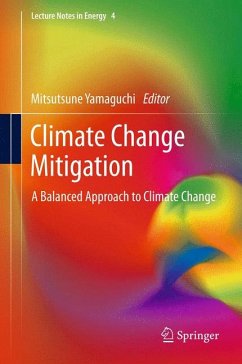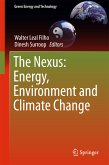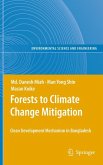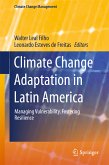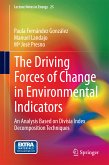Carlo Carraro, President, Ca' Foscari University of Venice
For Twenty Years diplomats have struggled to make progress on the problem of global climate change. Some of their difficulties stem from the fact that global diplomacy is not well-enough linked to the realities of how real nations and firms actually control emissions and adapt to the likely impacts of a changing climate. A crucial test is Japan-one of the few nations that has undertaken massive efforts to control warming pollution. In this excellent volume Mitsutsune Yamaguchi has assembled an all-star team of Japan's leading experts to guide the redesign of global policy in this area. Among the many themes in this important book is the need for policies that promote long-term technological innovation in low-emission technologies. The authors also underscore how global warming efforts must resonate with other policy goals, such as energy security. The book also includes a timely, important look at the futureof nuclear power in the wake of the accident at the Fukushima Daiichi complex.
David G. Victor
Director, Laboratory on International Law and Regulation
Professor, University of California San Diego
The International Energy Agency estimates for every $1 of investment today toward sustainable energy can avoid $4 future spending. There is a business case for companies to reduce their energy use and convert to renewable energy now. The authors of this book provide a framework for evaluating business strategy and setting policy. Companies in the energy and resource intensive industries must lead the way. The Prius hybrid electric vehicle described in this book is a seminal example of leadership. Toyota, through vision and determination found a way to create it in time to announce for maximum impact at the Conferences of the Parties (COP) 3 in Kyoto. In this book, other advanced actions of technology transfer/development in iron & steel sector are introduced. Other leading companies must find a way to follow them.
Chad Holliday
Chairman World Business Council for Sustainable Development
and former Chair and CEO of DuPont
Dieser Download kann aus rechtlichen Gründen nur mit Rechnungsadresse in A, B, BG, CY, CZ, D, DK, EW, E, FIN, F, GR, HR, H, IRL, I, LT, L, LR, M, NL, PL, P, R, S, SLO, SK ausgeliefert werden.

